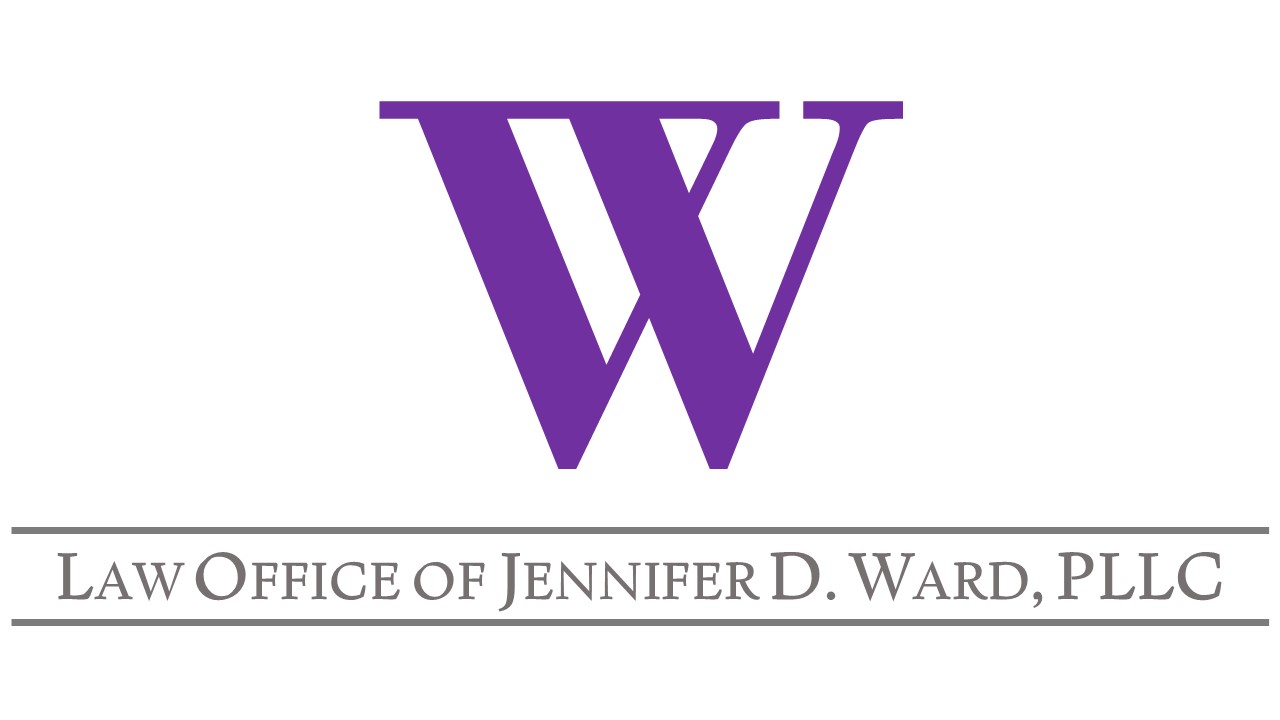Trademarks protect certain types of intellectual property. Like other intellectual property rights, trademark protection incentivizes innovation by preserving the unique way in which a product is associated with its producer. This link is often referred to as “branding.” It allows us to identify products produced by a particular person or company.
What do trademarks protect?
An individual trademark may protect only one small element of a particular product, service, or company brand. “Trademark” is a general term applied to marks associated with a good or service meant for sale. This means they can take many different forms, including phrases, slogans, symbols, logos, and designs. The person or organization who owns the trademark has the exclusive right to use that particular mark, logo, or design to distinguishes their product(s) from those of their competitors.
A quick way to understand trademarks rights is to consider the products you use.
The computer or phone you are using likely has a distinguishing design or logo. This logo makes it easy to know you are using a product from a particular company that you presumably trust for their quality. If you discovered your device was not in fact produced by the company associated with the logo on its cover, you may understandably feel deceived. The company who owns the logo may have greater cause for concern, however, as you likely intended to purchase a product from them and instead purchased a lower quality counterfeit from a competitor. Trademark rights give the logo’s producer the ability to seek legal action against anyone who uses the logo without permission.
Trademark ownership
When someone produces a new design and ties it to their product, the default rule is that the producer has the right to claim ownership over that design. The form and originality of the design determine whether the link is unique enough to be protectable by trademark. This is important because any person or organization who owns a trademark has the exclusive right to use that design element. Nevertheless, the automatic trademark that arises when a producer creates a new design element attached to a service or product is not fully protected unless the owner registers the trademark with the federal government.
Trademark rights have a limited reach unless you register your trademark.
Trademarks are automatically tied to their original producer in the eyes of the law. However, this default ownership does not fully protect against infringement. If a dispute arises the producer would have to prove ownership over that design and prove that the infringing party knew the producer owned the exclusive right to use the protected design. By completing a trademark registration with the U.S. Patent and Trademark Office, the producer puts the United States on notice regarding who created that design. In turn, the registrant is given top priority and nationwide reach of ownership claims. This also prevents potential infringers from pleading ignorance in defense of an infringement claim. Registration greatly enhances the value of a trademark because the owner can more easily enforce its rights.
Trademarks are a useful tool to ensure that design elements are exclusively associated with a particular product, service, or company brand. Producers who want maximum protection against trademark infringement should consult with an attorney regarding the steps necessary to register their trademark.









